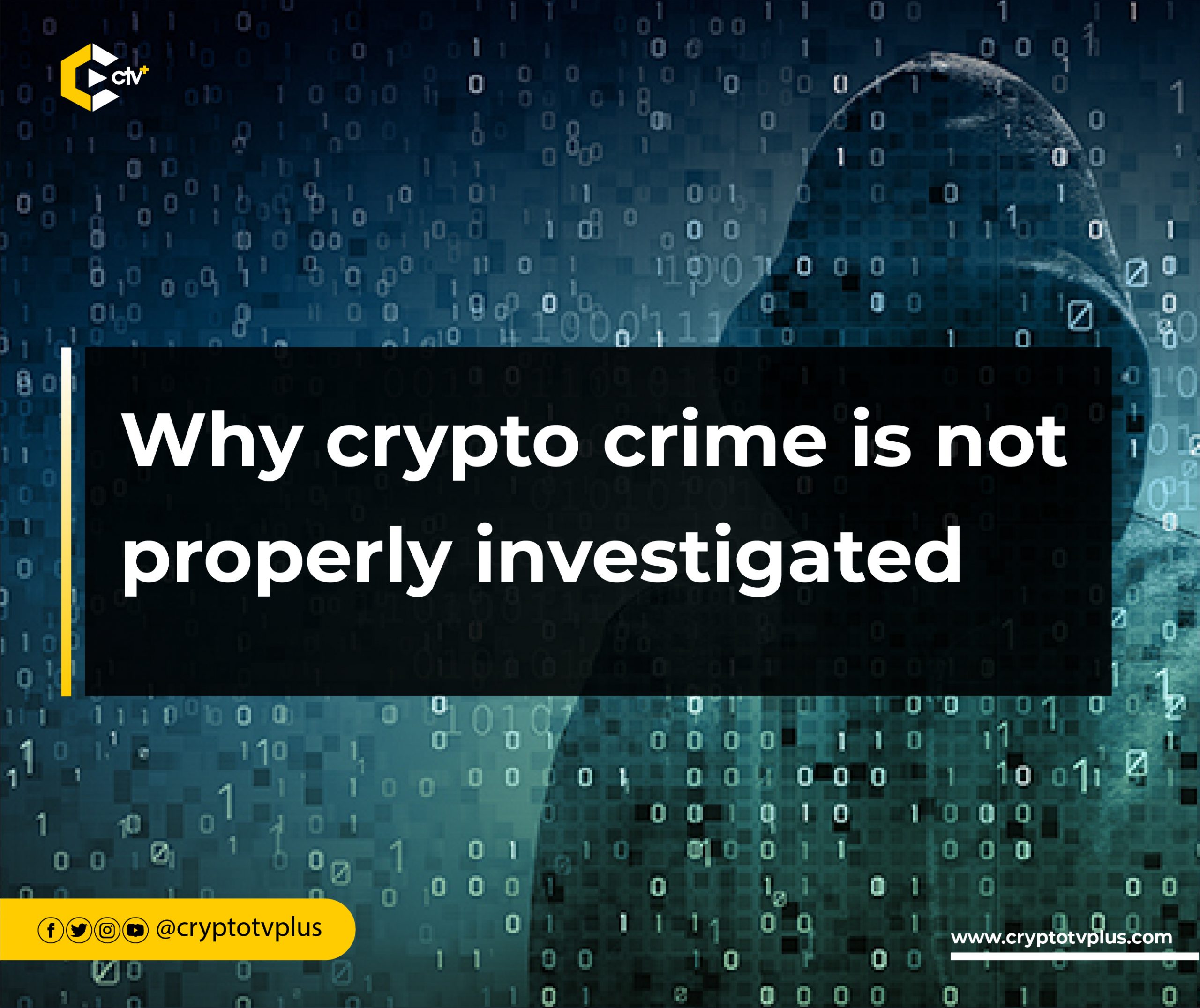FEATURED
Why crypto crime is not properly investigated

The global crypto crime rate keeps on increasing from year to year. Last year saw the collapse of centralized exchanges such as FTX that wiped billions of dollars from the industry.
Crypto or blockchain is a sophisticated technology which requires special skills to track bad actors if they commit crimes. But a nascent technology, this skill or know-how is lacking in investigating perpetrators of illegal activities.
The REACT (Regional Enforcement Allied Computer Team), believes the two most important factors hindering the proper investigation of crypto crimes are the lack of education for members of security organizations and the absence of resources needed to carry out such investigations.
In terms of education, security agencies need to understand what crypto is, how crypto transactions are initiated, the types of crypto crimes, how to track criminal activities, and more. For resources, this covers infrastructure such as computer systems, monitoring software, GPS gadgets, and even owning crypto assets to experiment with. According to REACT, while these are big issues to conquer, investigative institutions can start from somewhere.
Where to start
“Having the statutory authority to effect seizures and obtaining buy-in from leadership — along with backing from prosecutors — are key to getting started,” REACT said. This will give the institutions the backing it needs to investigate and prosecute crypto criminals at all cost.
The second step mentioned by REACT is “having the right policies” that will aid the initiation of investigations while using “robust blockchain analysis tools” to trace and track funds stolen by criminals. These beginnings are very essential to have a successful system for investigating crypto crimes.
How investigations are done
REACT which has investigated up to 50 cases of pig butchering scams and recovered funds from 15 of those cases highlighted that part of its procedure in investigating crimes is to “quickly assess stolen funds by tracing the victim’s initial transfer out of an exchange or wallet” and to seize it instead of shutting down websites used by these criminals or arresting them.
Arresting individuals involves laws and policies that are different in each jurisdiction. Also, Chris Vigil, a REACT detective explained that information about crypto scams that affected individuals always take weeks and months before it gets to them.
And at other times, he added that when victims report to more than one security agency, “deconflicting information” becomes a challenge to pursue further investigation.
Read also;
24% of crypto tokens released in 2022 were pump & dumps – report
DeFi will be safer if developers do these
























